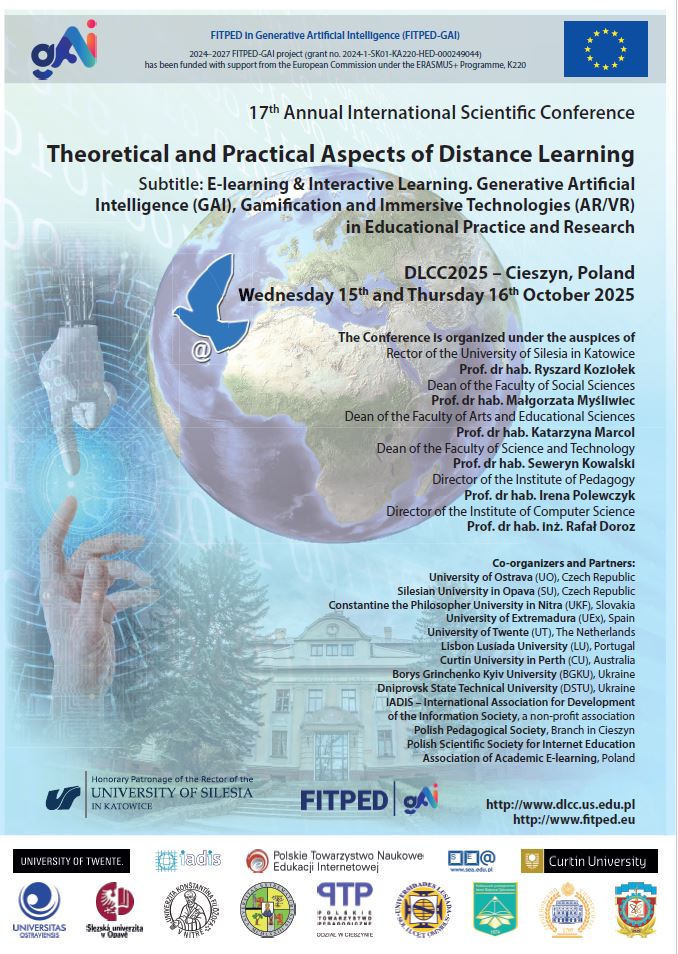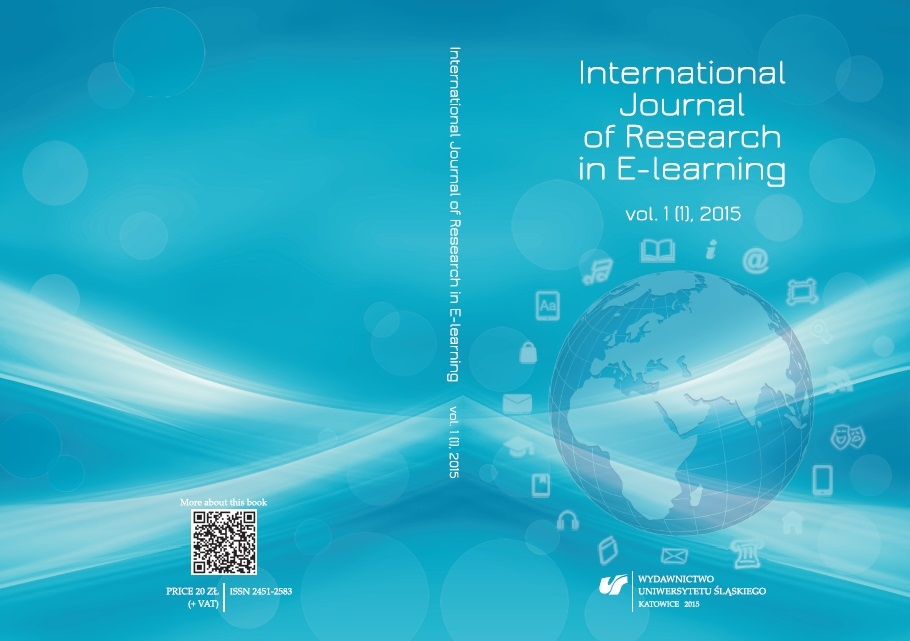Ethics Policy and Norm
Ethical Guidelines for Authors
1. Ethical expectations
Editors’ responsibilities
· To act in a balanced, objective and fair way while carrying out their expected duties, without discrimination on grounds of gender, sexual orientation, religious or political beliefs, ethnic or geographical origin of the authors.
· To handle submissions for sponsored supplements or special issues in the same way as other submissions, so that articles are considered and accepted solely on their academic merit and without commercial influence.
· To adopt and follow reasonable procedures in the event of complaints of an ethical or conflict nature, in accordance with the policies and procedures of the Society where appropriate. To give authors a reasonable opportunity to respond to any complaints. All complaints should be investigated no matter when the original publication was approved. Documentation associated with any such complaints should be retained.
Reviewers’ responsibilities
· To contribute to the decision-making process, and to assist in improving the quality of the published paper by reviewing the manuscript objectively, in a timely manner.
· To maintain the confidentiality of any information supplied by the editor or author. To not retain or copy the manuscript.
· To alert the editor to any published or submitted content that is substantially similar to that under review.
· To be aware of any potential conflicts of interest (financial, institutional, collaborative or other relationships between the reviewer and author) and to alert the editor to these, if necessary withdrawing their services for that manuscript.
Authors’ responsibilities
· To maintain accurate records of data associated with their submitted manuscript, and to supply or provide access to these data, on reasonable request. Where appropriate and where allowed by employer, funding body and others who might have an interest, to deposit data in a suitable repository or storage location, for sharing and further use by others.
· To confirm/assert that the manuscript as submitted is not under consideration or accepted for publication elsewhere. Where portions of the content overlap with published or submitted content, to acknowledge and cite those sources. Additionally, to provide the editor with a copy of any submitted manuscript that might contain overlapping or closely related content.
· To confirm that all the work in the submitted manuscript is original and to acknowledge and cite content reproduced from other sources. To obtain permission to reproduce any content from other sources.
· Authors should ensure that any studies involving human or animal subjects conform to national, local and institutional laws and requirements (e.g. WMA Declaration of Helsinki, NIH Policy on Use of Laboratory Animals, EU Directive on Use of Animals) and confirm that approval has been sought and obtained where appropriate. Authors should obtain express permission from human subjects and respect their privacy.
· To declare any potential conflicts of interest (e.g. where the author has a competing interest (real or apparent) that could be considered or viewed as exerting an undue influence on his or her duties at any stage during the publication process).
· To notify promptly the journal editor or publisher if a significant error in their publication is identified. To cooperate with the editor and publisher to publish an erratum, addendum, corrigendum notice, or to retract the paper, where this is deemed necessary.
2. Procedures for dealing with unethical behaviour
Identification of unethical behaviour
· Misconduct and unethical behaviour may be identified and brought to the attention of the editor and publisher at any time, by anyone.
· Misconduct and unethical behaviour may include, but need not be limited to, examples as outlined above.
· Whoever informs the editor or publisher of such conduct should provide sufficient information and evidence in order for an investigation to be initiated. All allegations should be taken seriously and treated in the same way, until a successful decision or conclusion is reached.
Investigation
· An initial decision should be taken by the editor, who should consult with or seek advice from the publisher, if appropriate.
· Evidence should be gathered, while avoiding spreading any allegations beyond those who need to know.
Minor breaches
· Minor misconduct might be dealt with without the need to consult more widely. In any event, the author should be given the opportunity to respond to any allegations.
Serious breaches
· Serious misconduct might require that the employers of the accused be notified. The editor, in consultation with the publisher or Society as appropriate, should make the decision whether or not to involve the employers, either by examining the available evidence themselves or by further consultation with a limited number of experts.
Outcomes (in increasing order of severity; may be applied separately or in conjunction)
· Informing or educating the author or reviewer where there appears to be a misunderstanding or misapplication of acceptable standards.
· A more strongly worded letter to the author or reviewer covering the misconduct and as a warning to future behaviour.
· Publication of a formal notice detailing the misconduct.
· Publication of an editorial detailing the misconduct.
· A formal letter to the head of the author’s or reviewer’s department or funding agency.
· Formal retraction or withdrawal of a publication from the journal, in conjunction with informing the head of the author or reviewer’s department, Abstracting & Indexing services and the readership of the publication.
· Imposition of a formal embargo on contributions from an individual for a defined period.
Reporting the case and outcome to a professional organisation or higher authority for further investigation and action. (Ethical standards, Cambridge University Press on-line available on
https://www.cambridge.org/core/about/ethical-standards)
Content
All authors must declare they have read and agreed to the content of the submitted manuscript.
Ethics
Manuscripts may be rejected by the editorial office if it is felt that the work was not carried out within an ethical framework.
Studio Noa for University of Silesia Publishing House and Editorial Boards, Reviewers of E-learning series adheres to the principles outlined by COPE – Committee on Publication Ethics. Authors who are concerned about the editorial process may refer to COPE.
Competing interests
Authors must declare all potential competing interests involving people or organisations that might reasonably be perceived as relevant. [See Appendix for examples.]
Plagiarism
Plagiarism in any form constitutes a serious violation of the most basic principles of scholarship and cannot be tolerated. Examples of plagiarism include:
1. Word-for-word copying of portions of another’s writing without enclosing the copied passage in quotation marks and acknowledging the source in the appropriate scholarly convention.
2. The use of a particularly unique term or concept that one has come across in reading without acknowledging the author or source.
3. The paraphrasing or abbreviated restatement of someone else’s ideas without acknowledging that another person’s text has been the basis for the paraphrasing.
4. False citation: material should not be attributed to a source from which it has not been obtained.
5. False data: data that has been fabricated or altered in a laboratory or experiment; although not literally plagiarism, this is clearly a form of academic fraud.
6. Unacknowledged multiple submission of an article for several purposes without prior approval from the parties involved.
7. Unacknowledged multiple authors or collaboration: the contributions of each author or collaborator should be made clear.
8. Self-plagiarism/double submission: the submission of the same or a very similar article to two or more publications at the same time.
Appendix
Examples of competing interests include but are not limited to financial, professional and personal interests such as:
Research grants (from any source, restricted or unrestricted)
Relationships (paid or unpaid) with organisations and funding bodies including nongovernmental organisations, research institutions or charities
Membership of lobbying or advocacy organisations
Personal relationships (i.e. friend, spouse, family member, current or previous mentor, adversary) with individuals involved in the submission or evaluation of an article, such as authors, reviewers, editors, or members of the editorial board of an E-learning series
Personal convictions (political, religious, ideological, or other) related to an article’s topic that may interfere with an unbiased publication process (at the stage of authorship, peer review, editorial decision making or publication) (Ethical Guidelines for Authors on-line available on http://www.inderscience.com/info/inauthors/index.php)
References:
Ethical standards, Cambridge University Press on-line available on
https://www.cambridge.org/core/about/ethical-standards
Ethical Guidelines for Authors on-line available on http://www.inderscience.com/info/inauthors/index.php








